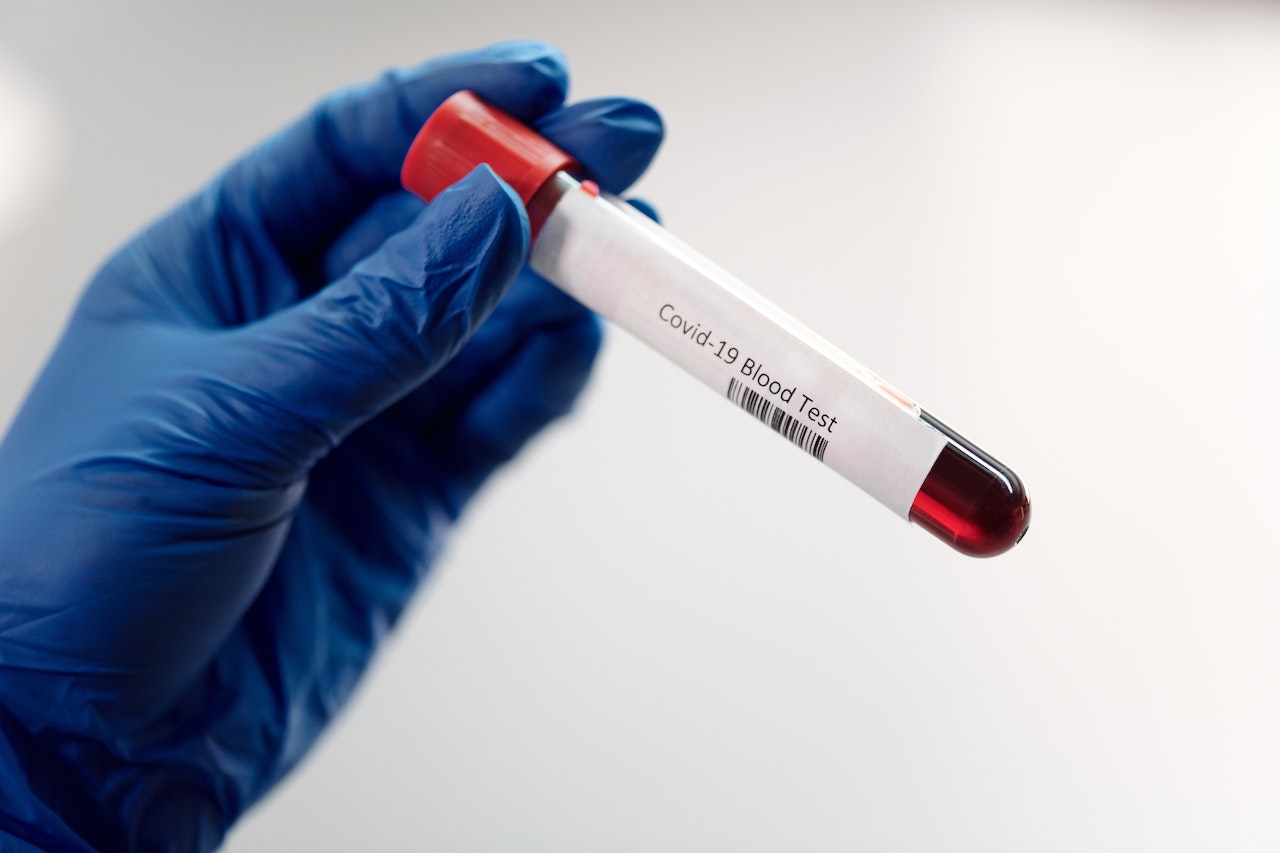We know that vaccination can provide life-saving protection against COVID-19 to those in risk groups, but we really don’t have anything over 50% efficacy that can really make a difference to those in the intensive care unit. What’s more, we don’t have anything to offer those with conditions which contraindicate vaccination, leaving doctors scrabbling for solutions. We also need to factor in future variants which may completely bypass the vaccinating effect of MRNA injections, something Omicron did early this year (whilst a good degree of protection against hospitalisation remained).
Researchers at the Keck School of Medicine of USC, led by Amy S. Lee, PhD, professor of biochemistry and molecular medicine, recently demonstrated that a chaperone protein known as GRP78, is a key culprit in the spread of SARS-CoV-2, the virus that causes COVID-19. This ground-breaking study showed that blocking the production of this protein had a significant impact on reducing the in-vitro replication or greatly reduced the replication of SARS-CoV-2. It should be noted, however, in-vitro studies do not always not confer results in in-vivo studies (in body, in animals). Yet, there is still incredible cause for celebration. Speaking on the result, professor Lee said, “We now have direct evidence (sic) GRP78 is a proviral protein that is essential for the virus to replicate”.

GRP78 a chaperone protein and research precedent demonstrates that in aiding SARS-CoV-2, GRP78 helps the virus invade and infect cells. Coronaviruses use their spike protein to gain entry into host cells, usually by the ACE2 protein. GRP78 is a protein signalling to the coronavirus to say that these are the cells you can get into. It highlights and ‘points out’ the route of entry into cells, and thus is almost always in the presence of SARS-CoV-2 when replicating. Lee and her colleagues used an experimental route and a more control route to see how GRP78 reacted to different conditions. They were designed to inhibit or supress the protein and included the first – a special RNA tool to circumvent the production of the protein, and then a new drug developed as an anti cancer drug (HA15). When the drug HA15 was introduced, “Lo and behold, we found that this drug was very effective in reducing the number and size of SARS-CoV-2 plaques produced in the infected cells, in safe doses which had no harmful effect on normal cells” said Lee.
When those lung cells were infected with SARS-CoV-2, less proteins were made in aid of the spike protein and thus less viral replication happened, proving GRP78 plays a major role with current production of the virus. The wonder drug, HA15, directly supresses that protein – but there’s more. HA15 looks to reduce replication of other viruses and their key proteins such as Ebola and Zika, but also can suppress production of proteins that make cancers more likely to be terminal. So, this study is ground-breaking if one truly understands the scope of where these developments lead.
With a winter approaching and cases in England likely to rise whilst people embrace for the festive period, it’s likely that we will see another large epidemic over the new year. The virus has had an advantage even with the mRNA vaccines we’ve created, and seems to flex and bend to all the drugs we throw at it – dexamethasone, monoclonal antibodies, remdesivir. A drug recently licensed, Molnupiravir, has been shown to reduce coronavirus replication by causing mutations in the RNA polymerase enzyme, slowing the transcription of vital proteins for viral persistence. Still, with these other developments, it seems that widescale in-vivo studies are demanded immediately for this incredible breakthrough which could be the first trickle towards treatment for so many. However, it is worth saying, in vitro studies do not always provide good results in vivo, because of the incredibly diverse and dynamic nature of the human body and all the processes that accompany it.
